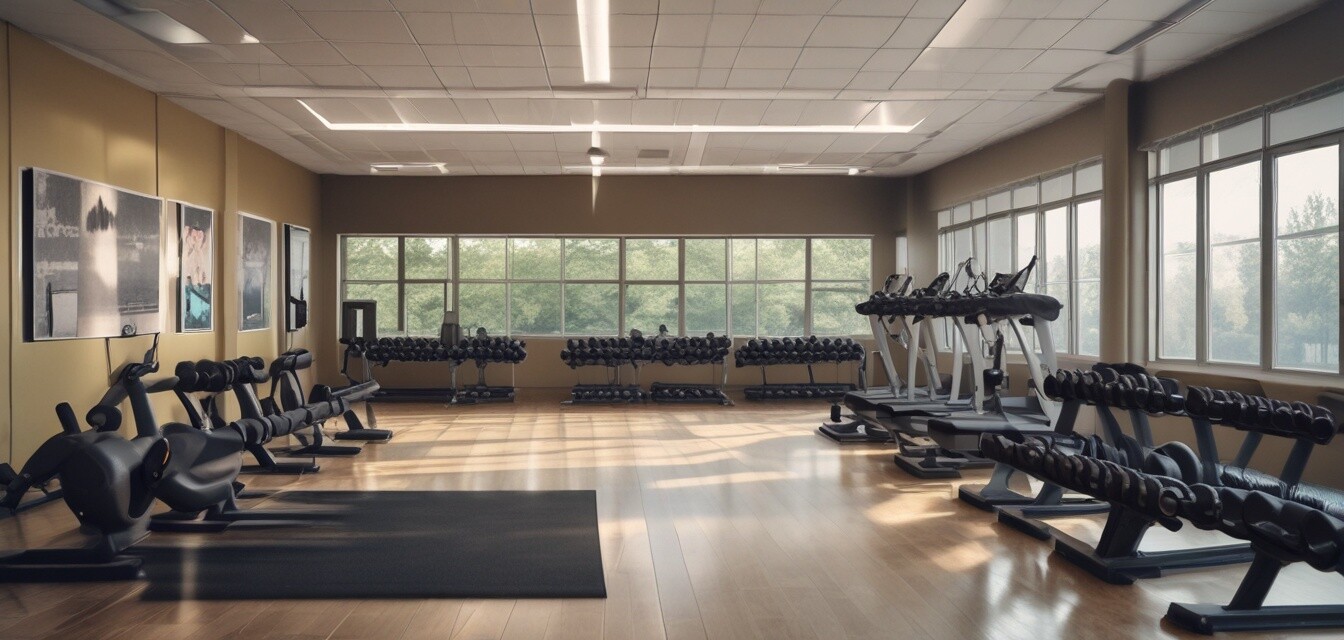
When to Use a Physical Therapist: Guidance for Seniors
Key Takeaways
- Recognizing signs that you may need a physical therapist can enhance your training experience.
- Physical therapists can provide tailored exercises that are safe for seniors.
- It's essential to listen to your body and acknowledge when to seek professional guidance.
- Understanding the role of physical therapy in your strength training journey can help maintain your independence and mobility.
For seniors, maintaining physical strength and overall health is crucial, especially as they age. Strength training can be an excellent way to improve muscle tone, agility, and stability. However, it is essential to approach this journey safely and effectively. Consulting a physical therapist can be vital for not only guiding the training program but also for ensuring safety. In this article, we will explore when it is appropriate for seniors to seek the help of a physical therapist.
Understanding the Role of a Physical Therapist
A physical therapist (PT) is a trained professional who specializes in movement and physical function. They can help assess your physical condition, provide exercises tailored to your needs, and guide you through safe practices. But when should you consider consulting one? Here are common scenarios:
| Signs You May Need a PT | Description |
|---|---|
| Pain or discomfort | Experiencing persistent pain during or after exercise may indicate it’s time to consult a PT for assessment. |
| Previous injuries | If you've had past injuries that may impact your ability to train safely, professional guidance is crucial. |
| Limited range of motion | Struggling with flexibility or strength that affects your daily activities should prompt a visit to a PT. |
| Post-surgery recovery | After a surgery or medical procedure, a PT can help design a rehabilitation program that is safe and effective. |
| Balance issues | Difficulty maintaining balance or frequent falls indicate a need for professional evaluation and exercises. |
When to Consult a Physical Therapist
There are specific instances where consulting a physical therapist can be beneficial:
- If you are starting a new strength training program, a PT can help design a plan catered to your abilities.
- When experiencing any pain, discomfort, or unusual sensations during exercise.
- If you are returning from an injury and want guidance on safe re-entry into strength training.
- When you notice a decrease in performance or increase in fatigue during usual activities or workouts.
- If you're unsure about proper form or technique during exercises, a PT can provide valuable feedback.
Benefits of Seeking Professional Help
Engaging a physical therapist not only helps in rehabilitation but can also enhance your overall training experience:
- Customized Exercise Plans: Physical therapists develop personalized exercise plans that cater to individual needs.
- Safety and Effectiveness: They teach safe execution of exercises, minimizing the risk of injury.
- Monitoring Progress: Regular sessions allow a PT to assess your progress and adjust your routine accordingly.
- Education: You'll learn about your body, injury prevention, and techniques to maintain your health.
- Peace of Mind: Knowing you have a professional's guidance can enhance your confidence as you train.
Tips for Seniors Seeking a Physical Therapist
- Look for a PT who has experience working with seniors and understands the unique challenges they face.
- Check your insurance coverage to see what is required for visits to a physical therapist.
- Don't hesitate to ask questions during your consultation - it’s vital to understand the why behind the exercises.
- Be open about any concerns, including previous injuries or medical conditions, to get the most effective care.
Conclusion
For seniors embarking on their strength training journey, knowing when to consult a physical therapist is key. A PT can transform your experience from worrying about injuries or ineffective routines into one of empowerment and safety. Remember, your body has its own language, and it's essential to listen to it. If you're noticing any signs mentioned above, do not hesitate to consult a professional. Ensuring you have expert guidance can lead to a more enjoyable, effective, and safe strength training experience.
Pros
- Expert guidance tailored to individual needs.
- Reduced risk of injury.
- Enhanced understanding of safe exercise practices.
- Support during recovery from injuries.
Cons
- Potential costs depending on insurance plans.
- Time commitment required for regular appointments.
Related Resources
For more information on senior health and fitness, check out our other articles: